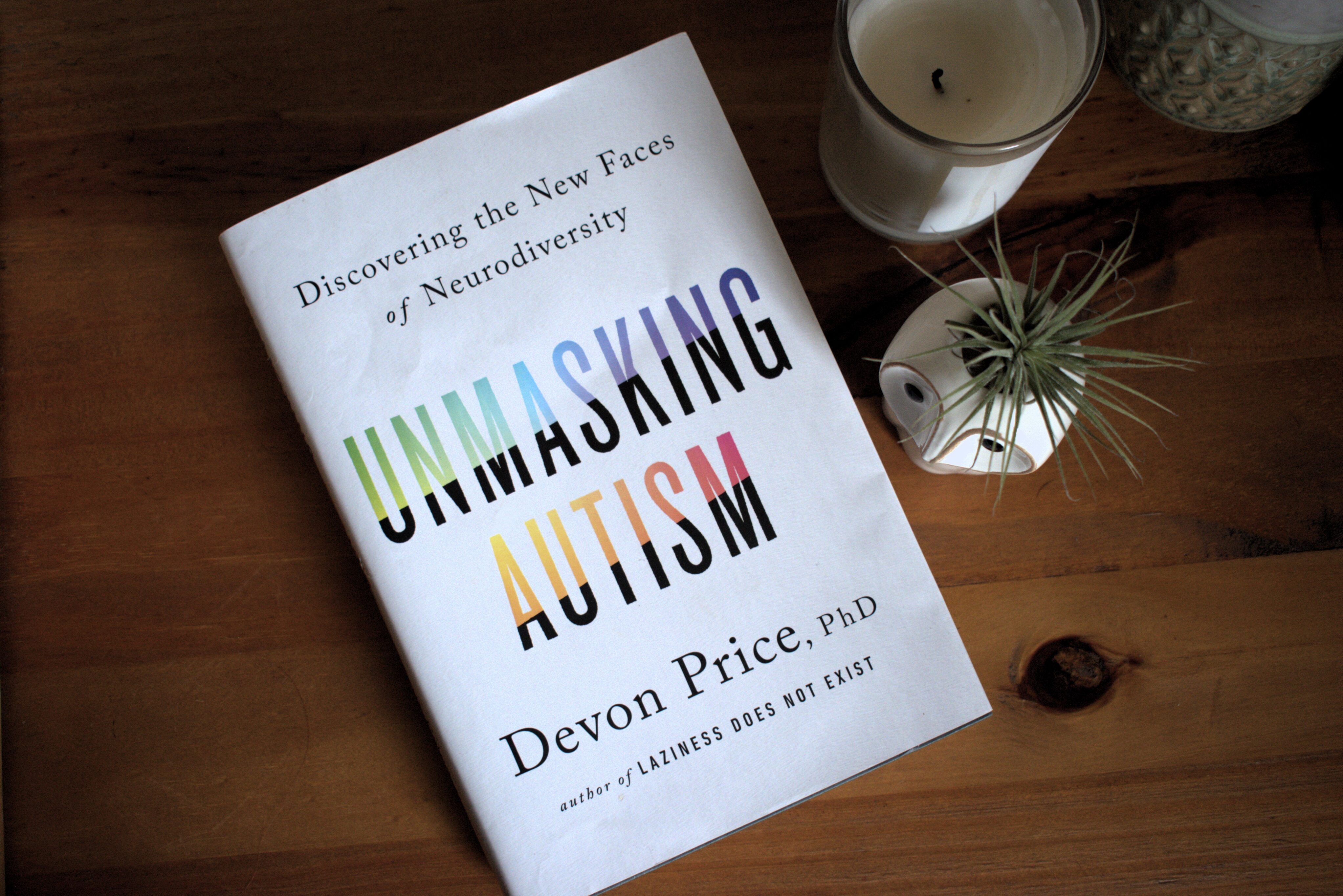Life of Noveltea participates in affiliate marketing programs for products I love, including Amazon Affiliates. I may earn a commission on purchases made through my links at no extra cost to you. Thanks for supporting my work!
Autism spectrum disorder has so many faces. It’s caused by developmental differences in the brain that cause problems with sensory processing, communication, and social interaction. Repetitive actions and intensely focused interests are often also part of the disorder. However, some autistic children learn to hide their symptoms so well that they aren’t diagnosed until they are adults, and I was one of those children. Here’s my experience with late diagnosed autism.
The possibility that I was autistic
I’ve struggled with noisy places, strong smells, and physical textures ever since I was little. Over the summer (of 2023), my day job in a warehouse became particularly overwhelming. Not only was it really difficult from a sensory standpoint, but a new process rollout resulted in even more chaos than usual. I was mentally and emotionally exhausted. And I hated myself for it. Because nothing about the job was actually difficult.
So much so that it became a topic of conversation with my therapist. As I explained my current sensory problems at work, I also mentioned my sensory issues in general and how severe they actually were, but that I never let on about it because I knew that the same things just didn’t bother most people.
She paid close attention when I said I wondered if maybe I was neurodivergent but hesitated to apply the label to myself because it seemed like such a fad on social media. I’d read an article back in 2018 by the BBC interviewing several women diagnosed with autism in their 30s and 40s. A lot of it resonated, but I was also skeptical. Why should I think that I might actually be a case of late diagnosed autism?
Deciding on testing
After that session, my therapist sent me links to a website called Embrace Autism. She asked me to pick a couple of the assessments and send her my results. I chose the Ritvo Autism Asperger Diagnostic Scale -Revised (RAADS-R) and scored in the 130s. At our next meeting, she explained that this was the average score for Autistics. After talking about it a little more, I decided I wanted a formal assessment and diagnosis.
It can actually be really difficult to find neurodivergence-affirming doctors and therapists, especially ones trained in assessing autism in women. There are still a lot of stereotypes around the perception of autism as a disorder. The most common one is that it mainly affects boys.
I have also spoken with people since my diagnosis who were turned away for testing simply because they were adults. Some doctors still believe that if it isn’t diagnosed in childhood, you don’t actually have it! Thankfully, my therapist had a great referral to a psychologist who specializes in working with adult women.
Unfortunately, my therapist’s referral doesn’t take insurance. After thinking about it and learning that it can be difficult to find assessments for adults, I decided to pay for the assessment myself rather than try to find someone who accepts my insurance. The initial consultation, diagnosis interview, and follow-up consultation with written report, letter of diagnosis, and letter of accommodations for work cost $1500. It was expensive- but worth it.
My late diagnosed autism assessment
The psychologist that I worked with sees patients by video call. This was a little awkward for me (it’s harder to follow phone and video calls than speaking with someone in person). But it was still honestly better than going to an office to do the interviews. I sat on the couch in my friend’s living room and cuddled with their cats during my video call, and that was great!
The initial consult was a basic interview with the psychologist to determine if we needed to test for autism, or if something else might be the culprit. It took about an hour. She agreed that we should test for autism and explained the process.
The day of the assessment, I also took a test for ADHD (which can occur alongside autism, but I don’t have) and then we did the autism interview. The testing was long (about an hour and a half), but it wasn’t hard. Many of the questions are in the RAADS-R and Austism Spectrum Quotient (AQ) on Embrace Autism. And we’d touched on several of them in the initial interview. So mostly it was the psychologist asking for more detail about my experiences now and as a child around my social life and sensory issues.
At the end, she actually congratulated me on the diagnosis, saying that it’s a positive thing to clearly know my strengths and weaknesses. I’m not sure I’m at the point I can celebrate it, but she’s right that it explains a lot.
An unsettling experience
Although I know a lot of people struggle with finding a doctor and getting a diagnosis, processing the diagnosis has been the hardest part for me. Even though there’s a lot of relief in knowing that the way I experience the world is shaped by neurological differences rather than a personal failing, there’s also a lot of grief.
I’ve been really hard on myself for a very long time (my whole life basically!) and so have other people. Giving myself permission to be comfortable and trying to uncover what I need vs always meeting society’s expectations of what’s normal and acceptable is hard.
Finding good “what’s next” resources has been a little complicated, too. A lot of the info available online is meant for caregivers or parents of autistic children, and it may not be neurodiversity-affirming. (I’ll be sure to make another post with the resources I have found and link it here.)
It’s been helpful to find other Autistics sharing their own experiences with late diagnosed autism on YouTube and TikTok. Apparently that sense of grief and loss coupled with relief is fairly common. It’s also nice to hear shared experiences. In some cases, it’s the first time I’ve ever heard of someone else having similar experiences.
The positives of late diagnosed autism
On the other hand, knowing that I’m autistic is simultaneously as comforting as it is unsettling. It explains so much about who I am.
I finally have answers about why I’ve always been “too sensitive” emotionally and felt so exhausted and overwhelmed by social interaction. And now I know why I shut down in large crowds or busy places, and why sounds and textures and smells bother me as much as they do. It also explains a lot of the anxiety and sleep problems I experience.
It’s all because I’m autistic. It’s because my brain’s structural differences make it more difficult for me to process a lot of sensory information all at once.
And as it turns out, autism can come with a lot of strengths. In fact, I can probably thank my autistic brain for my love of art and music, thanks to heightened sensory perception. Autism also gives me the gift of being a strong analytical and “systems” thinker.
Good luck on your own autism journey
Anyway, in my experience, late diagnosed autism is both unsettling and affirming. I’m assuming that if you’re reading this, you’re either starting your own journey looking for answers or recently diagnosed yourself. Whatever the case may be, I hope you find the resources you need to guide your way and discover what’s behind the way you experience the world.






